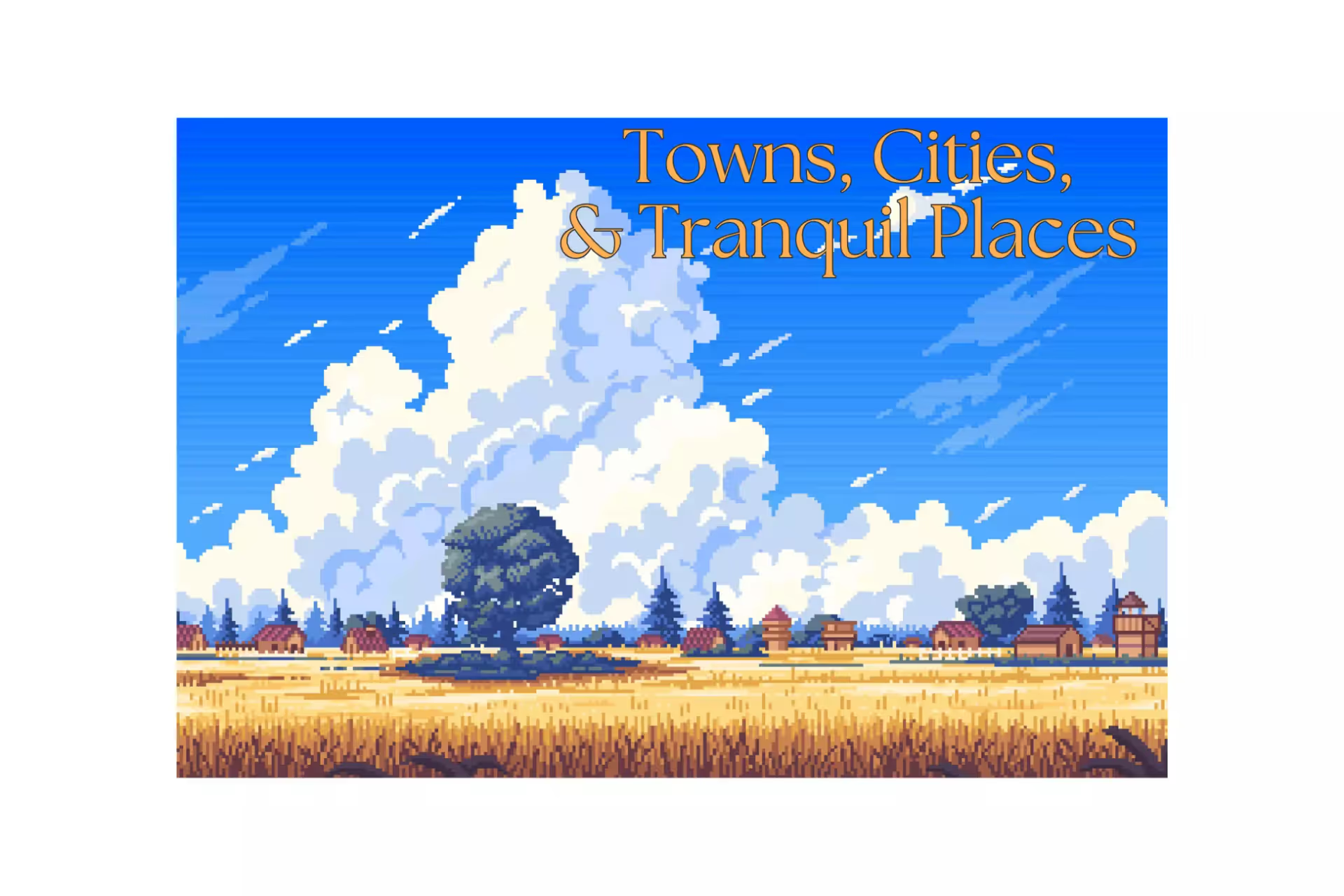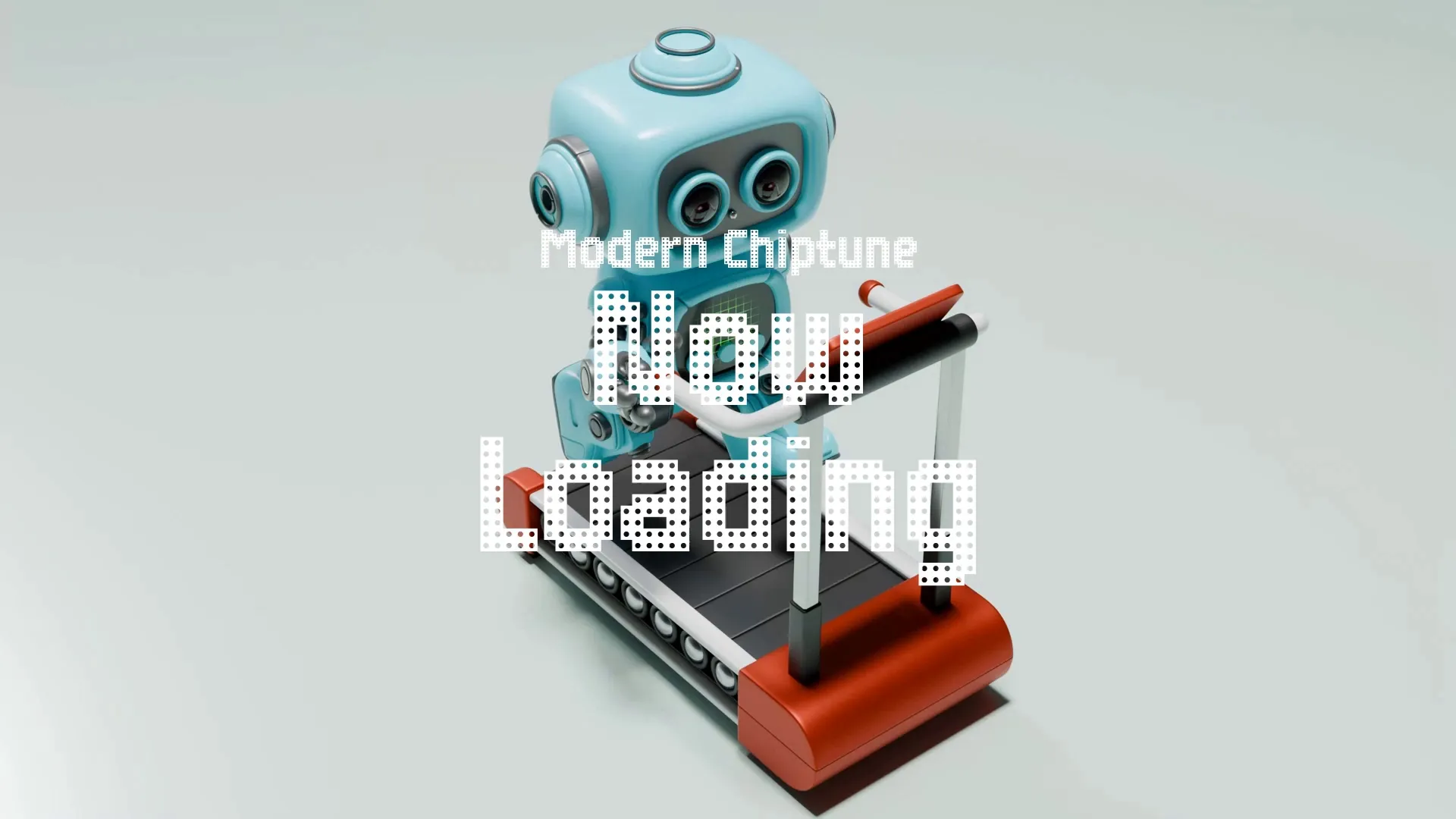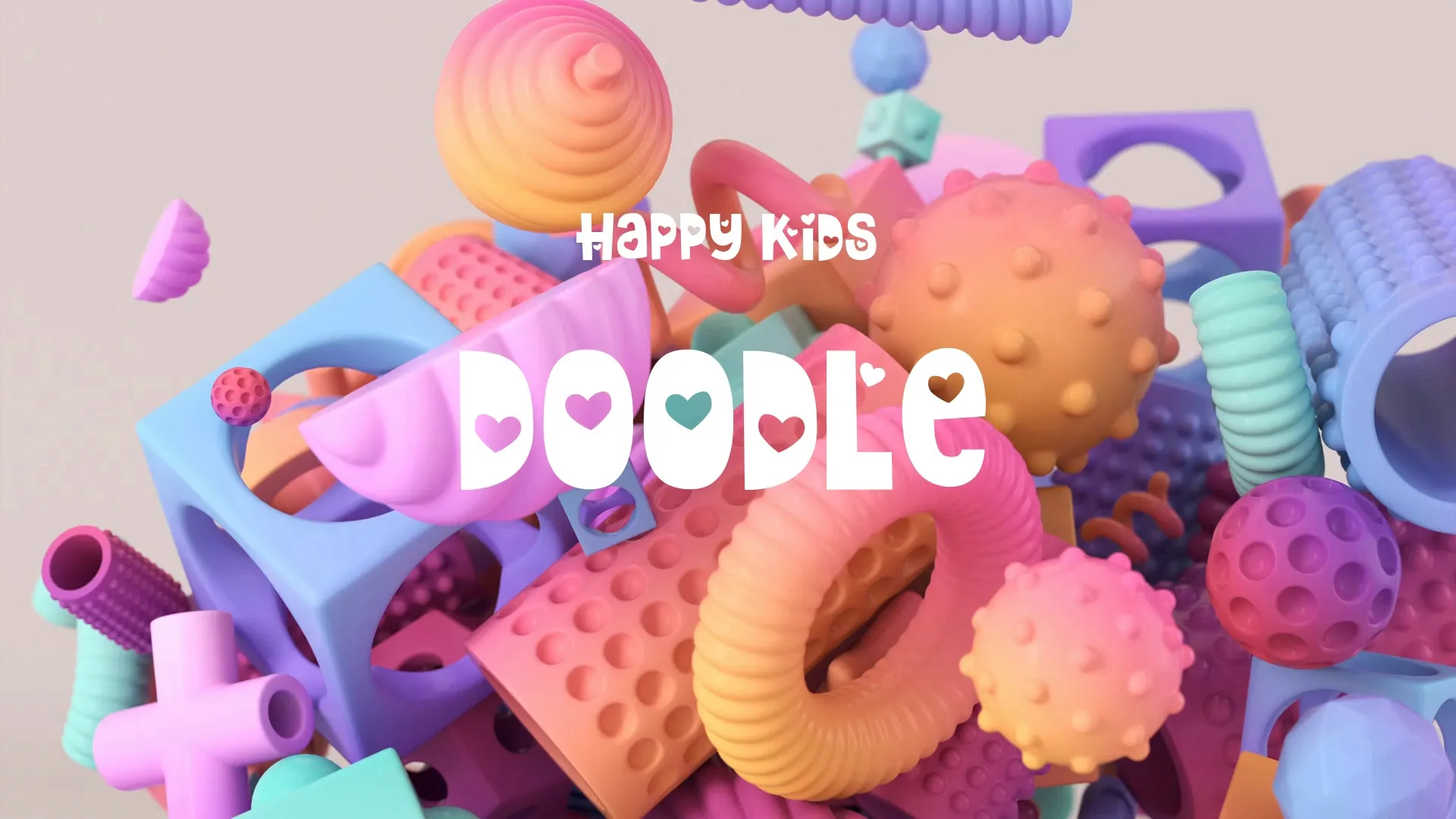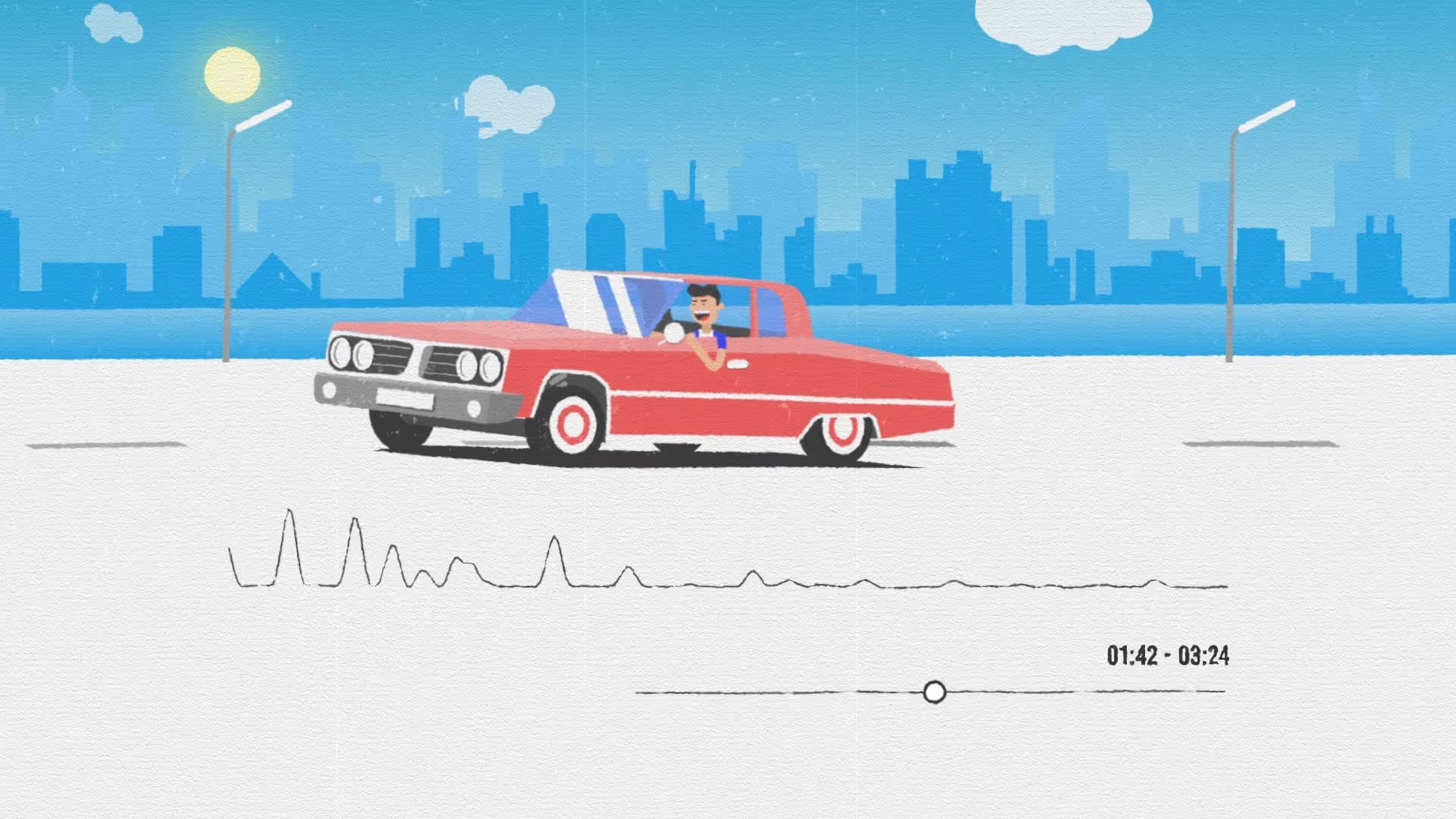Building & Engaging Your Indie Game Community: Tools and Feedback Strategies
Community building is not a luxury for indie game developers; it is a necessity. A strong community provides invaluable feedback, boosts morale, and acts as an organic marketing force. Ignoring community management leaves significant potential on the table.
Choosing the Right Platforms for Your Community
Selecting the correct platforms is foundational for effective community management. You need to be where your potential players already are, not just where it is easiest for you.
Discord is often the go-to for real-time interaction and direct communication with players. It allows for organized channels, voice chat, and easy sharing of updates and media.
Steam forums are essential for visibility and direct engagement on the platform where many players discover and purchase games. Active participation here signals a responsive developer.
Social media platforms like Twitter or Mastodon are excellent for broader reach, sharing quick updates, and announcing milestones. They serve as a public face for your development journey.
Consider niche forums or subreddits relevant to your game’s genre. These can be goldmines for engaging with highly interested players.
Fostering Genuine Engagement
Engagement goes beyond simply posting updates; it involves creating a two-way dialogue. Players want to feel heard and valued, not just informed.
Host regular Q&A sessions or ‘Ask Me Anything’ events on Discord or forums. This personal interaction builds trust and transparency.
Share behind-the-scenes content, such as concept art, early build snippets, or development challenges. This makes the community feel part of the creation process.
Run polls and solicit opinions on minor game features or art styles. Even small contributions empower your community members.
Organize community game nights or playtests for multiplayer titles. This creates shared experiences and strengthens bonds among players.
Respond promptly and thoughtfully to comments and questions. Acknowledging every interaction, even brief ones, reinforces player value.
Implementing Effective Feedback Loops
Collecting feedback is crucial, but implementing it effectively is where many developers falter. Without a structured approach, feedback becomes overwhelming or ignored.
Create a free account, or log in.
Gain access to free articles, game development tools, and game assets.











.webp)

.webp)









